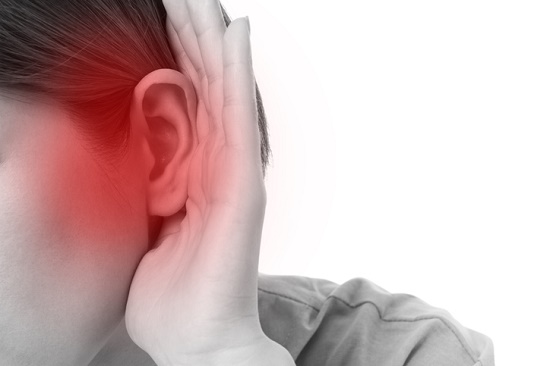
Hearing loss is solely a problem for older people, right?
Not quite. While it’s a fact that your odds of acquiring hearing loss increase as you age, you can, in truth, develop hearing loss at any age.
As indicated by the NIDCD, 26 million Americans age 20 to 69 have high-frequency hearing loss from being exposed to loud sound at work and during leisure activities. And that includes 1 in 14 generation Xers, age 29-40, who already have hearing loss.
Seeing that hearing loss can hit at any age, it’s important to understand the signs as they’re generally subtle and tough to perceive.
Here are eight silent signs of hearing loss that should prompt you to get a hearing test.
1. Ringing in the ears
Have you ever returned home from a piercing live performance and noticed a ringing or buzzing in your ears?
If yes, that means you’ve damaged the nerve cells of hearing in your inner ear. If it’s only transpired a few times, the harm is probably short-term and modest. But continued exposure or one-time direct exposure to very loud sounds could create permanent damage and hearing loss.
If the ringing in your ears persists, you should set up a hearing test as this is one of the initial signs of hearing damage. And if skipping upcoming live shows is not an option for you, your hearing consultant can help you prevent additional injury with individualized earplugs.
2. Balance problems
Your hearing and balance are intricately linked. In fact, a large component of your ability to stay balanced is a consequence of sophisticated structures within the inner ear.
If you find that you’ve been more clumsy lately, the issue may in fact be with your ears. In fact, a study by Johns Hopkins University determined that individuals with hearing loss were three times more likely to have a history of falling, depending on the degree of hearing loss.
3. Memory problems
Your short-term or working memory is quite limited, able to manage only a few items for a short amount of time. That indicates that you don’t have time to get caught up on missed words during fast-moving discussions.
With hearing loss, speech comprehension suffers as you can entirely miss or misunderstand the speaker’s words or message. This manifests at a later time when you can’t recollect important information.
4. Painful sounds
With hearing loss, you may become excessively sensitive to specific sounds, to the point where they cause pain or discomfort.
The medical term for this is hyperacusis, and you’ll want to contact a hearing professional if the problem persists or becomes intolerable.
5. Listening fatigue
Think of spending the day working hard to decipher meaning from half-heard words and sentences and replying to questions you didn’t completely hear. That degree of attention can wear you out quickly.
If you notice you’re extremely fatigued at the end of the day, hearing loss may be to blame.
6. Difficulty hearing in groups
Early stage hearing loss typically doesn’t present itself during person-to-person conversations or in quiet environments. More commonly, hearing loss only becomes a problem in the presence of background noise or in group situations.
7. Not hearing alarms or calls
Hearing loss is normally difficult to notice or detect as it grows gradually every year. Oftentimes, friends and family members will take note of the hearing loss before the person suffering from it does.
However, there are some subtle warning signs you can look out for, including the inability to hear alarms or phone calls, the doorbell, or the television at normal volume.
8. Trouble hearing movie dialogue
With hearing loss, you may have particular problems hearing the conversations in tv shows and movies. That’s because most instances of hearing loss affect high-frequency sounds to the greatest degree, and speech is a high-frequency sound.
It’s never too early to attend to your hearing health. If you encounter any of these symptoms, schedule an appointment with your local hearing professional.